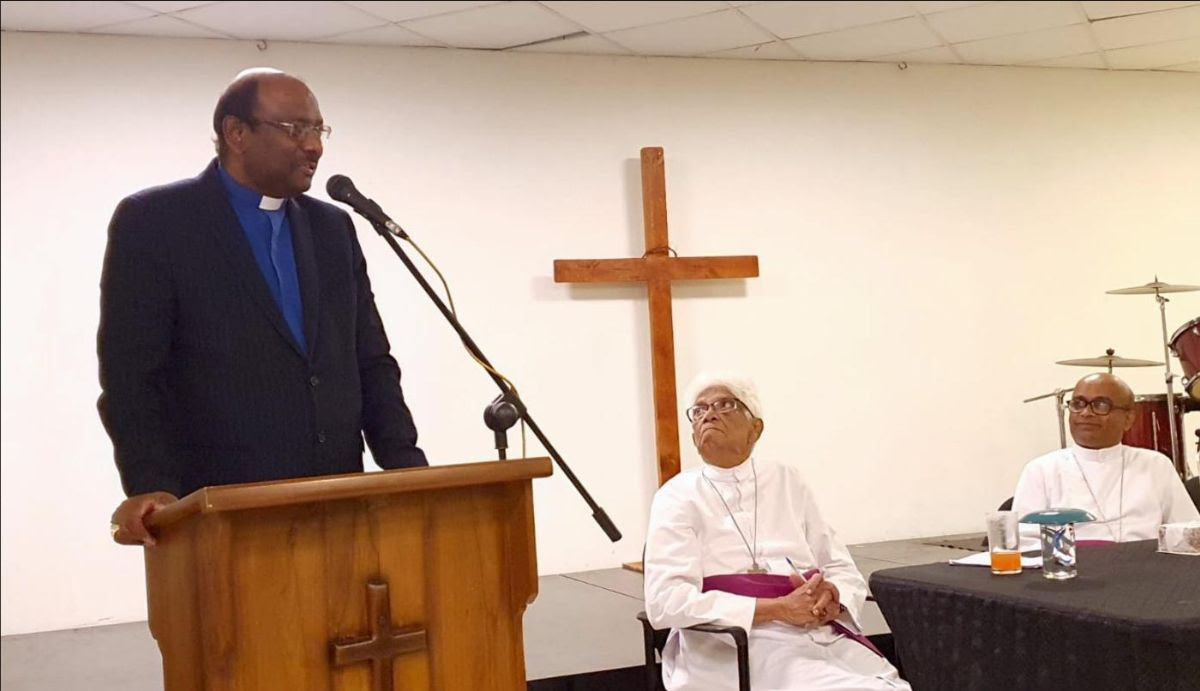In an address, Pillay reflected on current challenges pertaining to economic challenges and political stability, and the possible response of global ecumenical movement. This marks Pillay’s first visit to Sri Lanka as the WCC general secretary. “I always wanted to visit this land not only because of its beauty and people but also because of its struggles and challenges,” he said. “We are called to support one another in the quest for justice and peace and in a creation of a better world for all creation.” The war-torn Sri Lanka received the first of a series of ecumenical “Living Letters” teams visits made to Christian communities facing situations of violence in different regions of the world in 2007. The “Living Letters” were tools of solidarity expressed by the international ecumenical community, led by the World Council of Churches as WCC delegations visited the places of conflict and violence and helped to explore a peaceful way forward. These visits were conceived in the context of WCC’s Decade to Overcome Violence, from 2001-2010. Pillay also noted that the civilian population of Sri Lanka has been put through enormous hardship. “Churches in Sri Lanka have provided cautious and critical support to the peace process, among other things through interreligious cooperative endeavours to mobilise people for peace and national reconciliation,” Pillay said. “Last year Sri Lanka witnessed the worst economic downturn since the South Asian country gained independence in 1948, with crippling inflation sending the cost of basic goods skyrocketing.” As the country slowly regains stability, Pillay noted that Sri Lanka also has a “significant role in rekindling ecumenical fervour.” Pillay is being accompanied by Dinesh Suna, coordinator of the WCC Ecumenical Water Network, who is also WCC staff focal point for Sri Lankan churches. WCC member churches in Sri Lanka | 
No comments:
Post a Comment